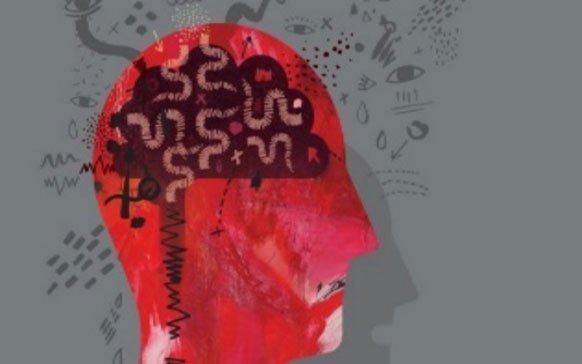Mental Health


In 2013, there were 8.2 million cases of anxiety disorder, more than 1million cases of addiction and almost 4 million cases of mood disorders, including bipolar disorder, in the UK.37
In 2014, 17.5% of working-age adults (16–64 years old) had symptoms of common mental health problems. However, for those aged over 65, the rate is much lower (10.2% of 65–74-year-olds and 8.1% of those aged 75+).
The overall number of people reporting mental health problems has been going up in recent years. The amount of people with common mental health problems went up by 20% between 1993 to 2014, in both men and women. The percentage of people reporting severe mental health symptoms in any given week rose from 7% in 1993, to over 9% in 2014.The number of young women reporting common mental health problems has been going up . Suicide and self-harm on the rise, the overall reported suicide numbers have also gone up in England and Wales since 2018. They had been going down before that.
This is partly because in 2018 the rules changed around recording causes of death. So, more deaths are now being recorded as suicide, whereas before they might have been recorded as something else. But there has still been a clear increase in the number of men and the number of people under 25 taking their own life since 2018.
We also know that:
• People reporting self-harm went up by 62% between the years 2000–2014 (that means it more than doubled)
. • People reporting having had suicidal thoughts within the past year went up by 30% between the years 2000–2014.
• The number of people who self-harm or have suicidal thoughts is rising faster than the number of people experiencing mental health problems overall. This might mean that people are finding it harder to cope with mental health problems.
Common mental health problems • According to the National Institute for Health and Care Excellence (NICE), common mental health problems include depression, GAD, social anxiety disorder, panic disorder, OCD, and post-traumatic stress disorder (PTSD).36 The APMS (2014) does not include PTSD as a common mental health problem.
Whilst there are a number of contributing factors to mental health, mixed anxiety & depression is the most common mental disorder in Britain, with 7.8% of people meeting criteria for diagnosis.
4-10% of people in England will experience depression in their lifetime.
Common mental health problems such as depression and anxiety are distributed according to a gradient of economic disadvantage across society. The poorer and more disadvantaged are disproportionately affected by common mental health problems and their adverse consequences.
Mixed anxiety and depression have been estimated to cause one fifth of days lost from work in Britain. One adult in six had a common mental disorder.
Maintaining good mental
health well-being
Good living standards
Exercise being active
Connecting with people
Keep your mind in positive learnings
Maintaining a good healthy diet
Laughing and a good social life
Getting at least 8-9 hours’ sleep daily

